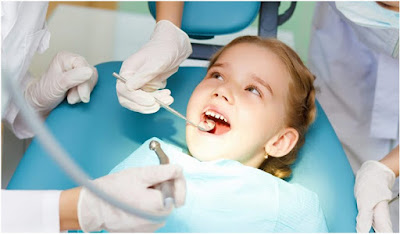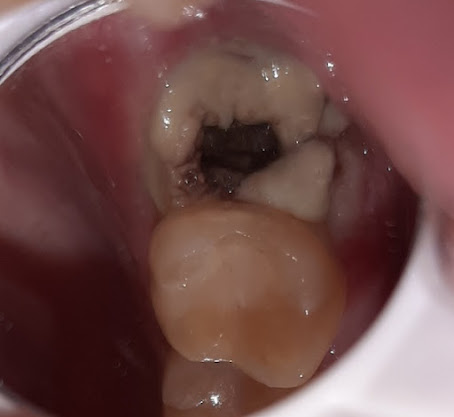When I was young, I never enjoyed the dentist. The scraping of my teeth and having fingers and odd tools in my mouth was scary. I did not know that it was very important to make sure to go to every dentist appointment until I grew up. The dentist’s office I went to as a child had a fun waiting room. It helped relax me before I was called back to have my cleaning.
The dentist’s office I went to as a child had a very fun waiting room. They had an Xbox and a PlayStation to be played. There was also a small section that was for the younger children than me. They also had those puzzle boxes where you had to match the object shape to a hole in the box. Additionally, they had one of those cool sand magnet tables. You could put a pen with a magnet at the end of it to move things around the box. I remember there was a bulldozer in there, and I really enjoyed trying to use that to push all the sand to one side.
The Xbox and PlayStation were also a very cool thing to have in a waiting room. They always had Crash Bandicoot on one of the systems, and I enjoyed playing that one the most. I always avoided sports games because I never had any interest in playing them. I was an odd kid and did not like sports. To this day, I still don’t really like them.
When it got called back to the operating room and set in the chair, I was approached by the dental surgeon. She introduced herself to me and said she was going to be cleaning my teeth today. I never liked the dentist, and I always tell them that. Today was no different. She then told me that there was nothing to worry about and she would be as careful as possible. She first started off by cleaning in between my teeth with a small pick metal tool. After that, she had to clean the face of my teeth. This was the worst part.

As she scrapped my teeth, I could not help but wince every so often. I do not like this part of the cleaning, and of course, it is the longest part. As she was nearing the end of the cleaning, she accidentally nicked my gum and caused a bleed to happen. That did not help my not liking the dentist. To finish off the cleaning process, she said she needed to put fluoride on my teeth. This would make my teeth look super shiny and clean. The downside is that I can not eat or drink for the next hour after the fluoride is put on. This stinks because my mom always takes me to get something to eat after the dentist for being good.
As a child, I never liked the dentist, and as I grew up, it never really got better. Now I don’t really mind going to the dentist, but I still am not enjoying it. I do not like people’s fingers in my mouth, along with strange metal tools that are used for scraping my teeth. I make sure to go to each appointment regardless of my dislike, but I know the risks I have if I do not go and do not want to risk any of those problems.










